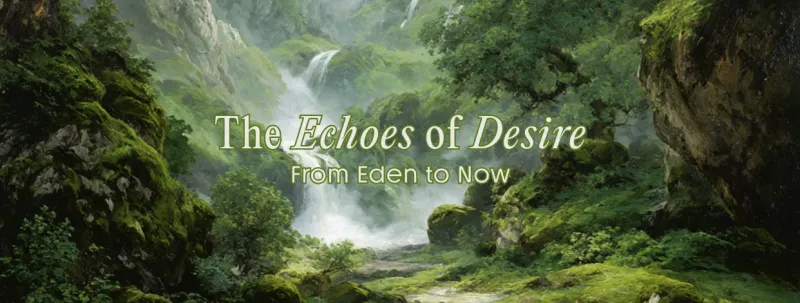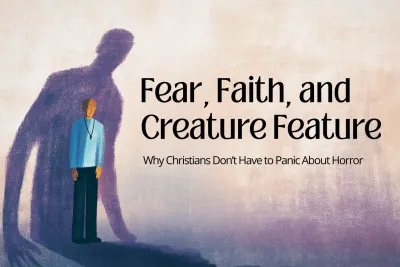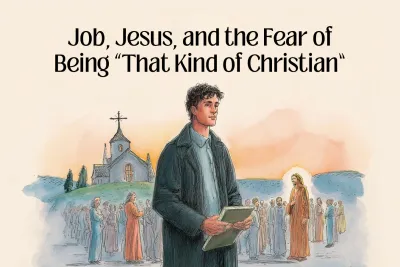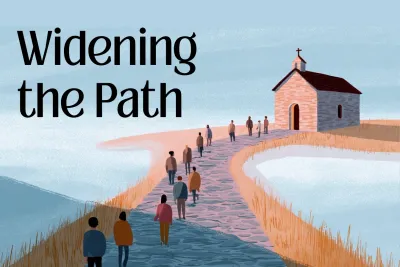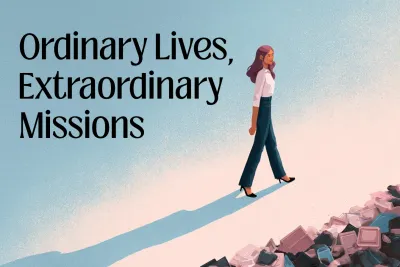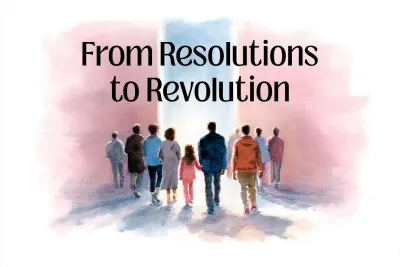The Echoes of Desire—From Eden to Now
If the picture I’m about to paint feels melodramatic, it is only because the stakes are so high. The crises we face—ecological, social, spiritual—did not spring up overnight, nor did they fall from the sky like some divine retribution. They have grown, root and branch, from the very desires harbored in the depths of the human heart. Desire, that invisible engine which first drove Adam and Eve to reach for the forbidden, is not some ancient myth. It is a living inheritance, and its ripple effect courses through every system we have constructed.
Throughout People of the Sign, Hardness of the Heart, and Rod of Iron, my journey has been one of wrestling with the paradox at the heart of being human: we are both the architects and the prisoners of our desires. Heaven’s gates were not slammed shut from the outside; rather, we built our own Babels, stone by longing stone.
Materialism—the fevered quest for more, for satisfaction that never quite arrives—has become a doctrine as pervasive as any dogma that graced the pulpits of my childhood. The “aggregate desires” of billions are what shape markets, direct governments, and strain the very fabric of our planet. But as we chase, compete, and accumulate, another, more insidious pattern sets in. Once our wants have been sated, we hand off the aftereffects: Someone else should clean up, regulate, manage—keep the engine humming so we can keep reaching. Someone else ought to fix what isn’t working, as long as our privileges remain intact.
In the shadow of the garden, this “abdication” appears almost innocent. Didn’t Adam point a finger at Eve, and she at the serpent, as soon as consequences arrived? So it goes, right down to our own day. Corporate boardrooms and kitchen tables echo the same refrain: “Not my fault. Someone else is in charge.” Institutions—be they governments, corporations, or even churches—swell and ossify, promising to manage the machinery of our collective desire. Yet the machinery groans and falters, because it is overfed, underloved, and nobody remembers why it was built in the first place.
Music is a prominent feature in my trilogy. At one juncture in that opus I turned to Daniel Lanois’ haunting lyrics from “Fisherman’s Daughter” to capture this archetypal plight:
Every sailor asks the question about the cargo he is carrying. God's anger broke through the clouds, and He spilled the cargo for all to see—the fault of the sailor, the fault of he who asks no questions, about the cargo he is carrying.
It is a piercing metaphor for what happens when we pursue, acquire, and yet refuse to examine what, or whom, we are truly responsible for. Our ship sails on, our hands on the ropes, but the question of our cargo—what we’ve aggregated and left for others to manage—remains stormy and unresolved. But ultimately, there is, and always will be, a reckoning.
Reflecting on my own wanderings—through failed marriages, through tangled theologies, through the mirage of corporate success—I see myself, always, at the intersection of desire and responsibility. For years, I looked to others to show me the way, to interpret truth, to tend to the consequences of choices made in hunger—spiritual or material. But with each abdication, some interior muscle atrophied. Spiritual maturity, it turns out, is not inherited by attending the right church or meeting quarterly goals. It is forged the hard way: by facing the uncomfortable tally of what we have wanted, what we have taken, and what we have left in our wake.
This is, perhaps, the true wisdom behind the 10th commandment: “Thou shalt not covet.” It is not just a guardrail for personal morality, nor a rebuke for the greedy. It is a call to observe, with unblinking honesty, the way desire courses through us and—unnoticed—into the world. When we covet, we not only sow unrest in our own hearts, but we prime the ground for systems and structures that will make a career out of our needing. And when we tire, we pass the baton—“let someone else handle it”—until the cycle creaks toward collapse.
Ancient wisdom, I’ve learned, does not wish to strangle desire, but to orient it. The antidote to our present malaise is not stoicism or austerity, nor blind faith that a better system or a cleverer leader will manage things for us. It is the slow, steady work of returning to the virtues that makes us truly human: gratitude, humility, service, detachment from possessions, and a willingness to own both our desires and their consequences. Instead of striving ceaselessly to “become” something out there, perhaps we are invited to “be with” what is—and to accept responsibility with both hands open.
As I revisit the storylines that thread through my life and my trilogy, I am reminded that every system—no matter how grand—begins in a heart. The world we inhabit tomorrow will be the sum of our wants today, multiplied by the courage we muster to take ownership. The Garden of Eden may be lost to us as a place, but its lessons circle back, inviting us to examine, to pause, and, if we dare, to choose again.
May we each find, within the echo of our own desires, the call to live not just for ourselves, but to live justly, as stewards: of our hearts, our communities, and, ultimately, of the world we must hand to those who come after.

